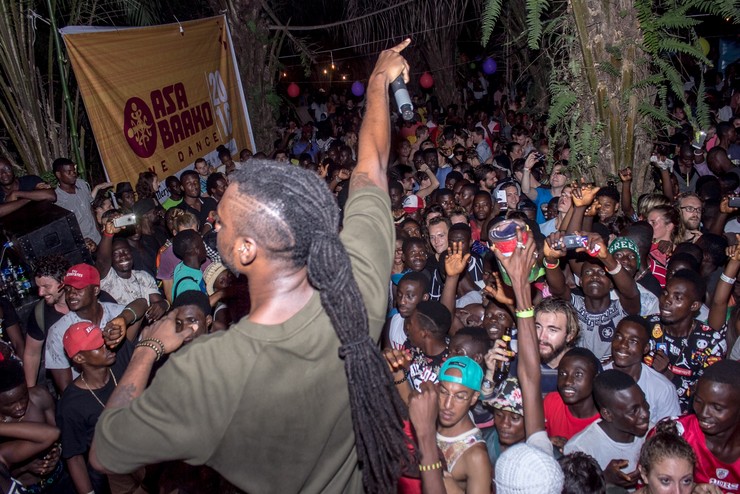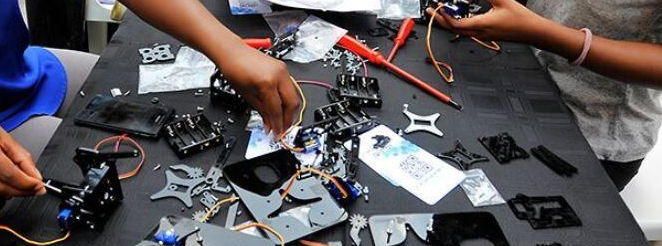
Image courtesy Yemisi Mokuolou
Since 2010, the number of independently run arts festivals in West Africa has risen rapidly, covering a wide range of fields, such as performing arts, theatre, music, film, visual arts and combined arts.
As UK based producers of African heritage, it was a natural and organic progression for us to set up a festival in West Africa, spurred on by the political and economic stability of the region as well as the rapid rise of a middle class.
The demand for festivals in West Africa as a source of recreation and interaction is very strong and is growing at a phenomenal rate. Now that festivals have established themselves in West Africa there is a need to ensure their sustainability. They are doing this by becoming economic catalysts, directly benefiting a particular sector, such as music festivals or film festivals, or by benefiting a particular local community.
Asa Baako, One Dance, attracts 4,000 festival goers annually and brings in $100,000 of tourism spend into a region of western Ghana, of which 65% directly benefits the local village of Busua.
Through the festival we have put in place a volunteer training programme, which has subsequently led to direct employment within the festival or helped the volunteers find jobs with associated organisations.
We have worked with local businesses to help them build the capacity they need to provide products and services for the festival goers and for other tourists throughout the year. We have supported local fishermen to diversify their income by providing boat tours and we work with local women to provide pop-up restaurants and food stalls along the high street and beach front.
Our aim is to create a clearly defined festival environment that can promote culture, creativity and conservation. We will achieve this by maintaining the festival’s position as a leading music-led cultural event in Ghana that provides social and economic benefits to the western region of the country. We aim to strengthen the position of the festival as a tourist attraction in order to restore Busua to its former position as a leading coastal tourism destination. We also aim to showcase high quality arts and artists to create deeper engagement in African arts and culture; to maintain a volunteer programme to assist people into employment; to maintain a youth leadership programme to promote good citizenship and to maintain an environmental programme to promote conservation and eco-entrepreneurship opportunities.
Our future plans are to create deeper local ownership by setting up a network of local businesses who support the festival, strategically and operationally. In this way we are confident we can increase the social and economic benefits the festival brings to the community.

